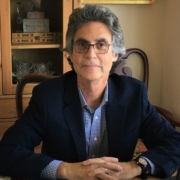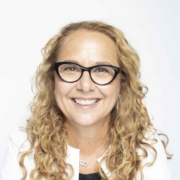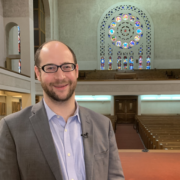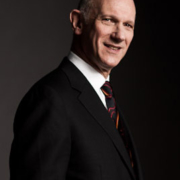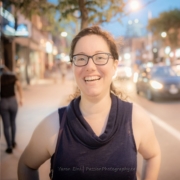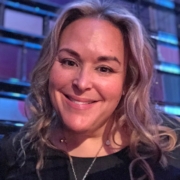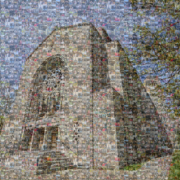Sharoni Sibony, Adult Education Coordinator
During the early months of the pandemic, when it seemed like time stretched out and we would read the piles of books that had been gathering dust on our nightstands, I couldn’t concentrate on anything more than a few poems a day. Fortunately, we’re living in a golden age of poetry. I often listen to the soft, lilting Irish voice of poet and theologian, Pádraig Ó Tuama on Poetry Unbound and last week, the podcast even featured the prophetic voice of Hasidic poet Yehoshua November, whose work movingly marries the material and spiritual worlds and finds breathtaking portals between them in day-to-day experiences.
But I come back again and again to a poem that I met through Poetry Unbound, a poem called “What You Missed That Day You Were Absent from Fourth Grade,” by Brad Aaron Modlin. The poem emphasizes things that can’t be taught in school, things that we can only learn alone. It imagines core life lessons that we all learn through experience, or wish we could: how to remember a grandfather’s voice, “how to believe / the house you wake in is your home,” or that “I am/is a complete sentence.” These are the lessons that the imaginary teacher, Mrs. Nelson, can’t ever have imparted to us. The lessons that other people sometimes seem to have understood, but that we struggle to grasp ourselves as we navigate the ebbs and flows of life. What are the things you’ve only been able to learn alone? How have you learned to trust the authority of your own inner voice?
In Jewish life, I think we’re extremely fortunate to have structures that invite lifelong dialogue about the depths of our experiences and those inner voices, to help us navigate the rivers, tributaries, and distributaries, all the planned paths and the detours we meet. The Babylonian Talmud – that big book of dialogues – teaches that “the Torah is only acquired [niknayt] through study in a group [havurah]” (Berakhot/Blessings 63b: 12). We can interpret “the Torah” here broadly, to mean all the soft and hard-won wisdom that we stumble upon through life. Those experiences are all invited into the discussion. We’re meant to be each other’s guides, to support each other, to listen to each other into being, and to link our own internal wisdom into the generations of conversation that have come before us.
The rabbis also articulated the value of learning with another person, in the paired structure we call havruta (partner) study. One of their metaphors for this dialogic study comes from Proverbs: “Iron sharpens iron, so a person sharpens the countenance [face] of their friend” (Proverbs 27:17). There’s something intriguing about this image, not just in the comparison to a sharpened iron rod, but because the face is a part of ourselves that we can’t see without a mirror. A friend, a trusted learning partner, becomes that mirror. As much as we rely on our own inner voices, we must also rely on each other to interpret and make meaning of some aspect of ourselves in the world. There’s some other layer of understanding – of even ourselves – that’s hidden from us and that we require another person to help us decipher. When we say, LOOK AT ME, what do we need? What do we ask of each other when we ask to be seen? How do we find the learning partners whose authority we can trust as much as our own experience and wisdom? How can we welcome the abundance that spills out of someone else and into/onto us and refines, sharpens, and teaches us in the process? How can we be that bountiful teacher for someone else?
For me, the answers to those questions are probably the basis of a new poem we could write together on the core life lessons that couldn’t be taught in Hebrew school. It’s not a deficit that there were things we missed in class, if we even had the opportunity of Jewish education. There are things that we have to learn by living. But this is why lifelong learning is such a fundamental part of our community. We’re also obligated to bring back that hard-earned learning into our shared spaces and to help each other grow, heal, and expand.
Maybe we’ve already created a learning community that will help you navigate the answers that are surging inside you. Or maybe you can help us create that space together. When you show up to one of the Holy Blossom learning communities – whether it’s an HBTogether group, a Hartman or Melton class, one of Rabbi Tepper’s new classes on the rabbis of the Civil Rights movement, or another program – you step into a special place where you can bring the questions that are alive for you today. If there are questions that are alive for you but you don’t see us offering a framework for discussing them, please reach out to our Adult Education team and help us shape the next direction for our learning community. [email protected]
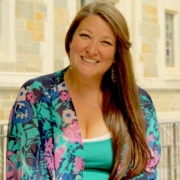 We are pleased to announce that Rachel Saslove has joined the Holy Blossom professional team as Interim Director of Membership & Community Engagement. Abigail Nemzer (formerly Carpenter-Winch) will work with Rachel over the next few weeks to ensure a smooth transition to handover leading these important areas of Temple during Abigail’s parental leave.
We are pleased to announce that Rachel Saslove has joined the Holy Blossom professional team as Interim Director of Membership & Community Engagement. Abigail Nemzer (formerly Carpenter-Winch) will work with Rachel over the next few weeks to ensure a smooth transition to handover leading these important areas of Temple during Abigail’s parental leave.
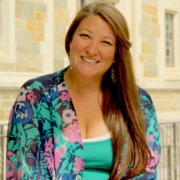
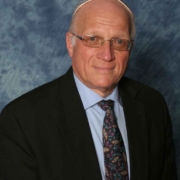
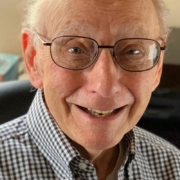 Cantor Joe Levine was a devoted and loyal friend of Holy Blossom Temple. His constant visits to our congregation as a private worshiper on High Holidays Shabbat and festivals, as his gracious presence as a scholar in residence on several occasions, left a significant print on our congregation’s musical life. It was his influence and positive constructive inputs as to how when and what we would choose to offer and teach the congregation an authentic “Musical diet”, insisting on community participation through inspiration and skills of collective singing. He taught us how to create the sacred space in time through a meaningful high-level worship experience. “RISE AND BE SEATED” his second book was largely influenced by his personal experience at HBT, especially 2
Cantor Joe Levine was a devoted and loyal friend of Holy Blossom Temple. His constant visits to our congregation as a private worshiper on High Holidays Shabbat and festivals, as his gracious presence as a scholar in residence on several occasions, left a significant print on our congregation’s musical life. It was his influence and positive constructive inputs as to how when and what we would choose to offer and teach the congregation an authentic “Musical diet”, insisting on community participation through inspiration and skills of collective singing. He taught us how to create the sacred space in time through a meaningful high-level worship experience. “RISE AND BE SEATED” his second book was largely influenced by his personal experience at HBT, especially 2